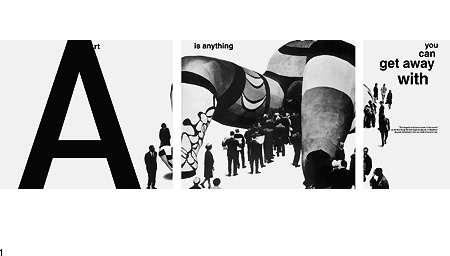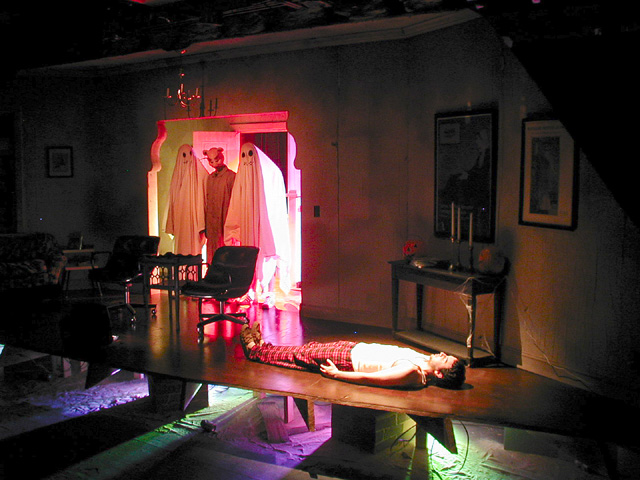Judd Morrissey, The Jew’s Daughter
You can leave comments here for The Jew’s Daughter. Here’s a bit to start you off:
Morrissey..explored the subject of textual context and reconfiguration in The Jew’s Daughter, a work in which rolling over active words changes passages of text on the same screen, as opposed to prompting a change of screen. The screen stays while the text changes, embodying Michael Joyce’s notion that “electronic text replaces itself.” Shifting the content’s context destabilizes the act and process of reading. The reader of The Jew’s Daughter learns to expect disorientation within the words themselves. To extract a quote from The Jew’s Daughter, and thus to participate in decontextualizing content: “Things seek realization in new configurations” (screen 221).
From The Iowa Review, “The Very Essence of Poetry” by Jessica Pressman.


 Comments(3)
Comments(3)
